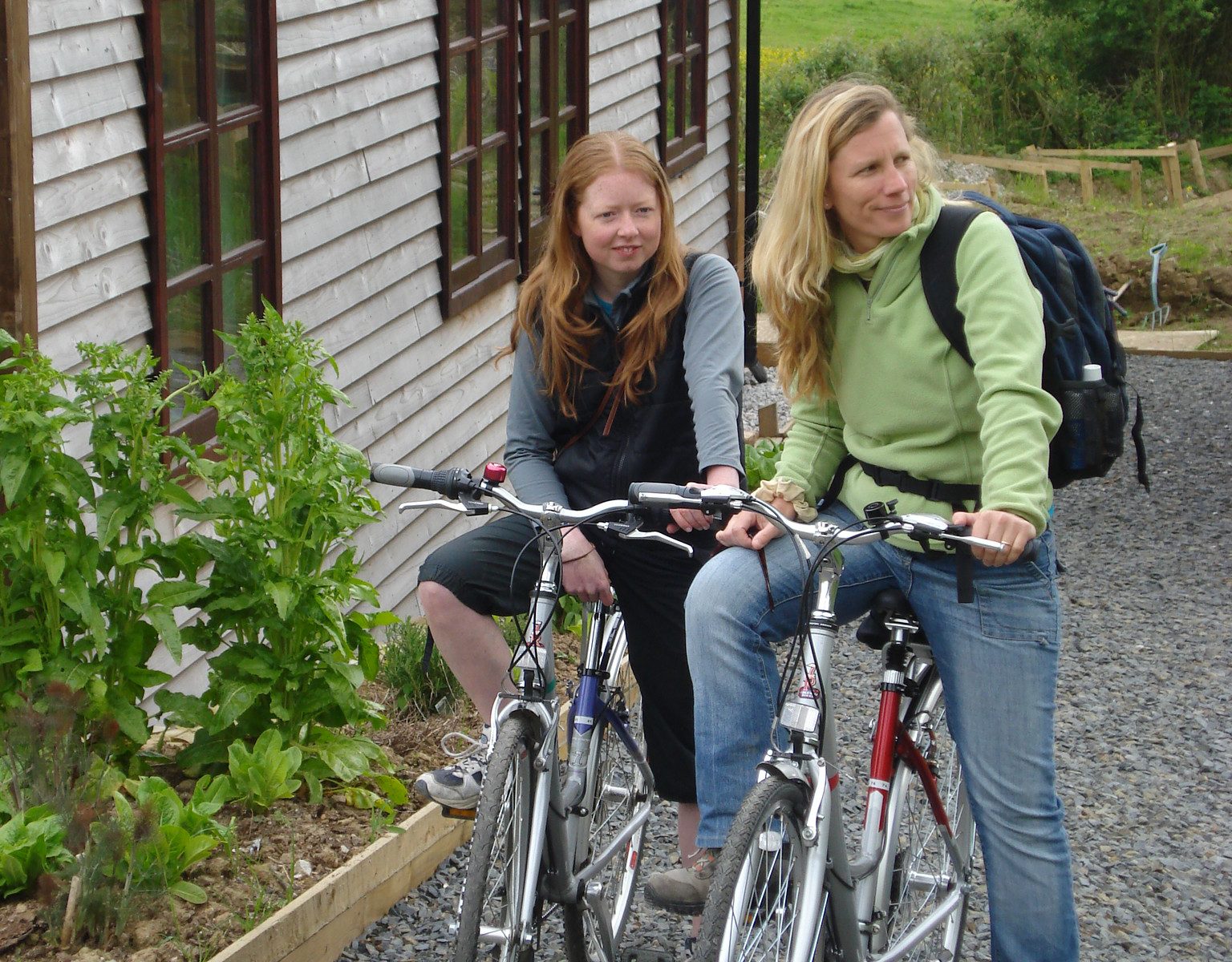(Article first published on Travelmole (www.travelmole.com), 17 November 2008)
Jane Ashton, Head of Sustainable Development at TUI Plc, and just voted Responsible Tourism’s Person of the year, was quick to put her cards on the table in front of some of the industry’s leading tourism providers, at the Business Case for Responsible Tourism Conference at this year’s WTM. “Responsible tourism is the right thing to do. Although we are talking about the business case for responsible tourism, my advice is don’t shy away from ethics in the boardrooms”.Village Ways, described his company as one that was ‘born to responsible tourism”. People buy their products because they are responsible products, and their carefully formulated village-to-village walking holidays, in the Kumaon region of the state of Uttaranchal in India, are now being replicated in others regions. Stressing the bottom line, Hearn pointed out that even if you have the most ethical product, it will not be sold unless there is a market out there to buy it. He emphasised that the business must be “profitable for communities as well as at the top end. Putting the bottom end first and the social purpose is fundamental” and concluded that he believed “we have impassioned consumers because they understand this”.
Although the aim of this conference was to discuss the benefits of responsible tourism for the bottom line, there was little evidence of shying away from ethics. Ethical consumerism is a new trend, according to Professor Harold Goodwin of the International Centre for Responsible Tourism, giving mainstream examples of companies such as Marks and Spencer’s recent publicity campaign, “Plan A, because there is no Plan B”, and illustrating the need for the mainstream tourism sector to follow suit. Fiona Jeffery, Chairman of the World Travel Market, said that “Ethical consumerism is here for the long term”, citing Fair Trade’s targets to achieve £1 billion turnover by 2010 and £2 billion by 2012.
Amanda Marks, Managing Director of Tribes Travel, was also keen to keep ethics at the forefront of the business case for responsible tourism, pointing out that “you don’t have to bypass ethics to have a successful profit-making business”. Her award-winning company has grown from 45 passengers in 1999 to 1000 in 2008 with recent growth at 30% per annum. She emphasised the importance of communicating all social and environmental practices to customers. Tribes Travel has created its own ratings system for hotels they use on their tours. This, apart from benefiting the communities they visit, and encouraging questions and feedback from customers, has also had an important impact on staff motivation and the relationships they have with suppliers. Marks pointed out that when everyone involved in the business, from top to bottom, shares this common link of responsible tourism, this ultimately makes all business practices simpler. It also leads to a clear business ethic, which filters down to the clients who, according to recent customer surveys, are consequently creating further business through recommendations and repeat bookings.
Intrepid Travel’s co-founder and MD, Geoff Manchester added to this point about responsible tourism offering major marketing benefits, with 45 % of their business being generated by repeat visits. “Once a person has travelled in this style or manner, they keep coming back. Word of mouth is now our most important form of marketing”. He also agreed with the importance of staff motivation through responsible tourism, and how it can bring huge amounts of cost savings in the long term; “Our staff satisfaction is 4.18 out of 5, and we attract great employees, often from outside the tourism sector, and we retain them really well. The cost savings here are huge”. Jane Ashton concurred, pointing out that TUI Plc’s sustainable tourism policy is “a driver to recruitment as well as to retention of staff” and that people seeking employment in the tourism sector prioritise TUI Plc because of their policy. She pointed out that sustainability is now “formally embedded in training across the board” at TUI Plc.
This emphasis on the positive social impacts of responsible tourism, as well as their associated cost savings, were in keeping with the main theme of this year’s World Responsible Tourism Day at WTM. There seemed to be a conscious effort to steer the emphasis away from the environmental impacts of tourism which, although crucial, are not the only focus of the responsible tourism movement. Social and economic impacts are also major concerns. Spotlight magazine, published to celebrate World Responsible Tourism Day, was dedicated this year to the ‘people who care’. As stated by Fiona Jeffery in the magazine’s Foreword, it tells “the real stories behind the super-human efforts of so many brilliant individuals who, often, against all odds, have battled authorities, governments, prejudice and ignorance to make a better world and a more caring industry”. So, as Jane Ashton rightly pointed out, there is no shying away from it in the boardrooms anymore.

